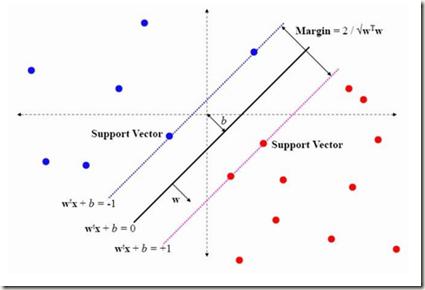In today's digital world, there is an increasing focus on soft skills. On the one hand, they facilitate innovation at companies, but on the other, they are unlikely to be automated soon. Researchers struggle with accurately approaching quantitatively the study of soft skills due to the lack of data-driven methods to retrieve them. This limits the possibility for psychologists and HR managers to understand the relation between humans and digitalisation. This paper presents SkillNER, a novel data-driven method for automatically extracting soft skills from text. It is a named entity recognition (NER) system trained with a support vector machine (SVM) on a corpus of more than 5000 scientific papers. We developed this system by measuring the performance of our approach against different training models and validating the results together with a team of psychologists. Finally, SkillNER was tested in a real-world case study using the job descriptions of ESCO (European Skill/Competence Qualification and Occupation) as textual source. The system enabled the detection of communities of job profiles based on their shared soft skills and communities of soft skills based on their shared job profiles. This case study demonstrates that the tool can automatically retrieve soft skills from a large corpus in an efficient way, proving useful for firms, institutions, and workers. The tool is open and available online to foster quantitative methods for the study of soft skills.
翻译:在当今的数字世界中,人们越来越关注软技能。一方面,它们促进公司的创新,但另一方面,它们不太可能很快自动化。研究人员努力精确地从数量上接近软技能的研究,因为缺乏数据驱动的方法来检索这些技能。这限制了心理学家和人力资源管理者了解人类与数字化之间的关系的可能性。本文介绍了SkillNER,这是自动从文本中提取软技能的一个新的数据驱动方法。一方面,它们促进公司的创新,但另一方面,它们不太可能很快自动化。研究人员努力精确地从数量上接近软技能的研究,因为缺乏数据驱动的方法。最后,SkillNER在现实世界案例研究中测试了人类与数字化之间的关系。本文介绍了SkillNER(欧洲技能/能力资格和职业)的工作说明。该系统使得能够根据共同的软技能和软技能社区在5000多份科学论文中接受培训。我们开发了这个系统,用不同的培训模型来衡量我们的方法对不同培训模式的绩效的绩效,并与心理学家小组一起验证了结果。最后,Skill NER(Skill Nell NER)是用ESCO(欧洲技能/CORT)的工作说明作为文本来源。这个系统使得社区能够根据他们共享的软技能和软技能社区进行检测。这个工具可以自动检索。这个工具可以用来从一个大工具,用来在网上学习。

